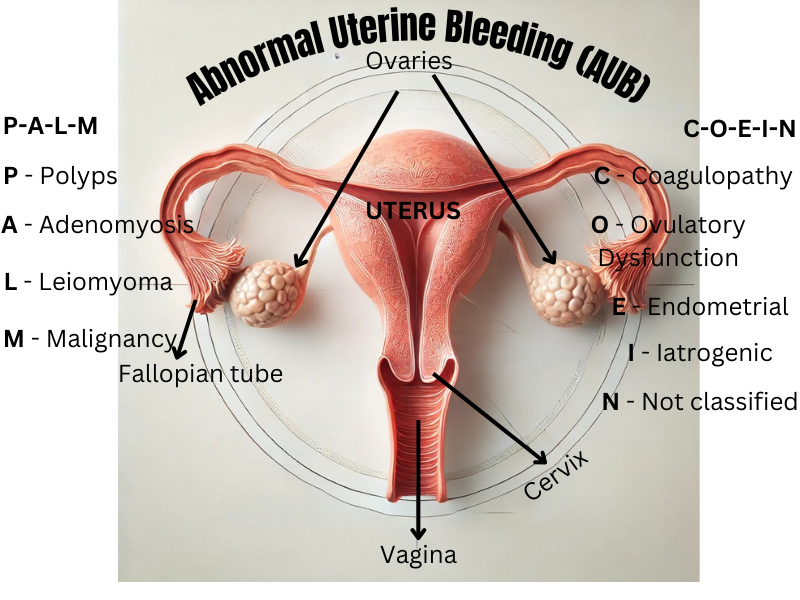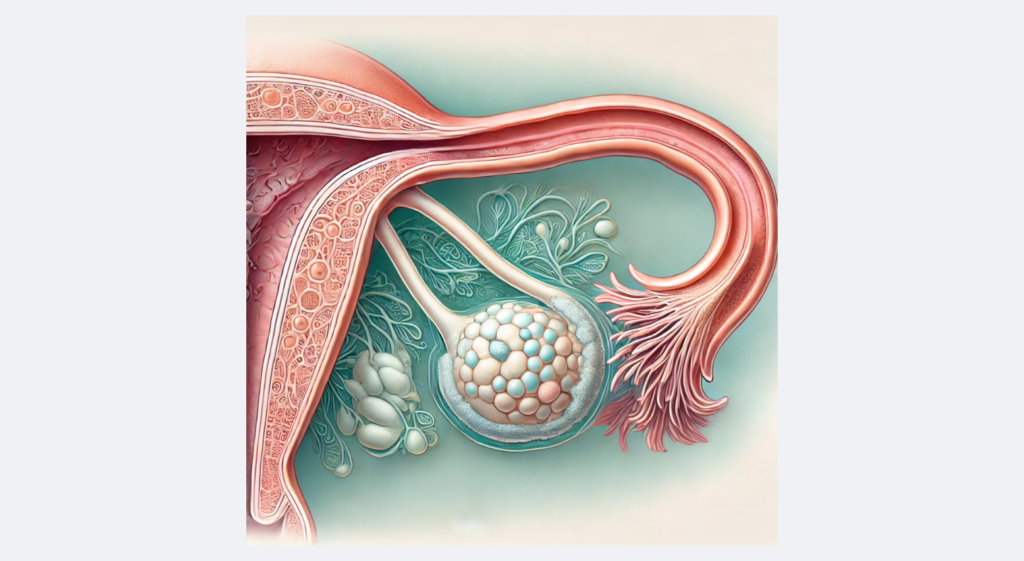Consistency Over Heroics: Why Showing Up (Again and Again) Still Wins the Game
You don’t need to be extraordinary every day.
Whether in medicine, motherhood, or marriage—what matters most is showing up. Consistency isn’t flashy, but it’s what builds trust, health, and lasting change. Excellence is beautiful, but consistency? That’s powerful.
The Epidural: Your Best Friend (or Not) During Labor

Epidural 101: What You Need to Know
Childbirth is a beautiful and intense journey, and for many, the epidural is a key topic of discussion. This popular pain-relief option provides effective anesthesia for labor and delivery, allowing you to stay awake and alert while managing contractions. Administered through a catheter in your lower back, it offers a mix of local anesthetics and opioids to block pain while preserving some sensation.
While epidurals provide significant relief, they come with pros and cons, including potential side effects like itching or reduced mobility. Timing and communication with your care team are crucial for the best results. Remember, there’s no one-size-fits-all approach to labor; whether you go for the epidural or opt for another path, your experience should be informed and empowering. You’ve got this!
Understanding Abnormal Uterine Bleeding (AUB):

Abnormal uterine bleeding (AUB) refers to irregularities in menstrual bleeding, such as heavy or prolonged periods, bleeding between cycles, or bleeding after menopause. It can arise from various causes, including structural issues like fibroids or polyps and non-structural factors like hormonal imbalances or bleeding disorders. Proper evaluation through medical history, diagnostic tests, and imaging is essential to determine the underlying cause and ensure effective treatment tailored to the individual’s needs.
Understanding Rhogam and Its Role in Pregnancy

Rhogam is a vital tool in pregnancy care for Rh-negative mothers, protecting against Rh incompatibility and ensuring future pregnancies remain healthy. Learn how this small precaution can make a big difference for you and your baby.
What is Ovulation?

The Monthly Marvel: Ovulation 101
Imagine your body as a finely tuned orchestra, with each part contributing to a beautiful symphony. Among these, ovulation stands out as one of the star performers. But what exactly is ovulation, and why does it matter?
Ovulation is like a monthly treasure hunt—except instead of gold coins, your body releases a tiny egg from one of the ovaries. Smaller than a grain of sand, this egg plays a crucial role in human reproduction.
It all begins in the brain, the body’s command center. The hypothalamus sends signals to the pituitary gland, which releases two important hormones: follicle-stimulating hormone (FSH) and luteinizing hormone (LH). These hormones travel to the ovaries, where they encourage the growth of follicles—tiny sacs, each holding an immature egg.
Eventually, one follicle takes the lead, and a surge of LH causes it to release the mature egg. This is ovulation, a fascinating biological process that happens once a month, typically 14 days before the next period.
Why is ovulation important? Besides being essential for reproduction, regular ovulation is a sign of overall health and hormonal balance. It’s one of the many remarkable processes your body performs every day!
